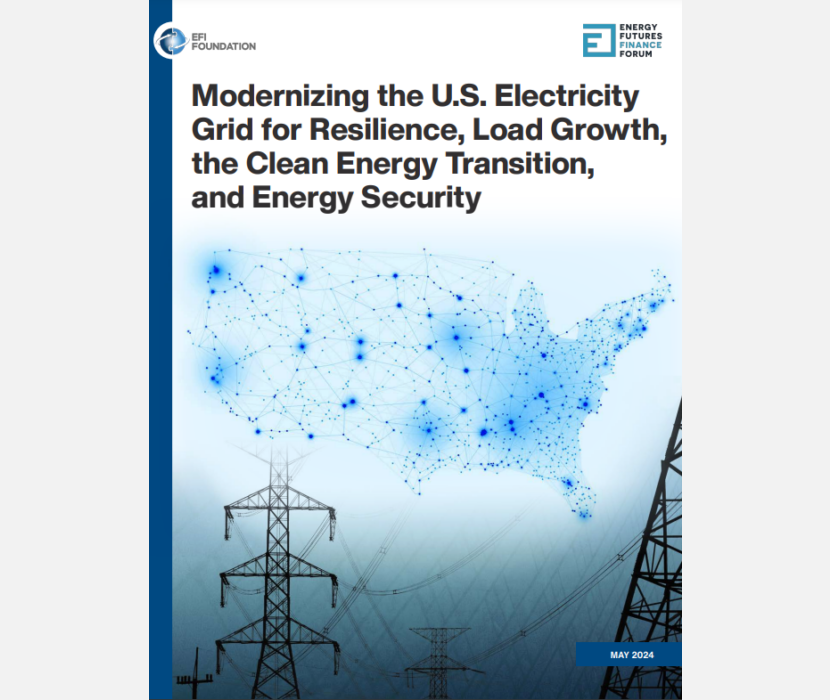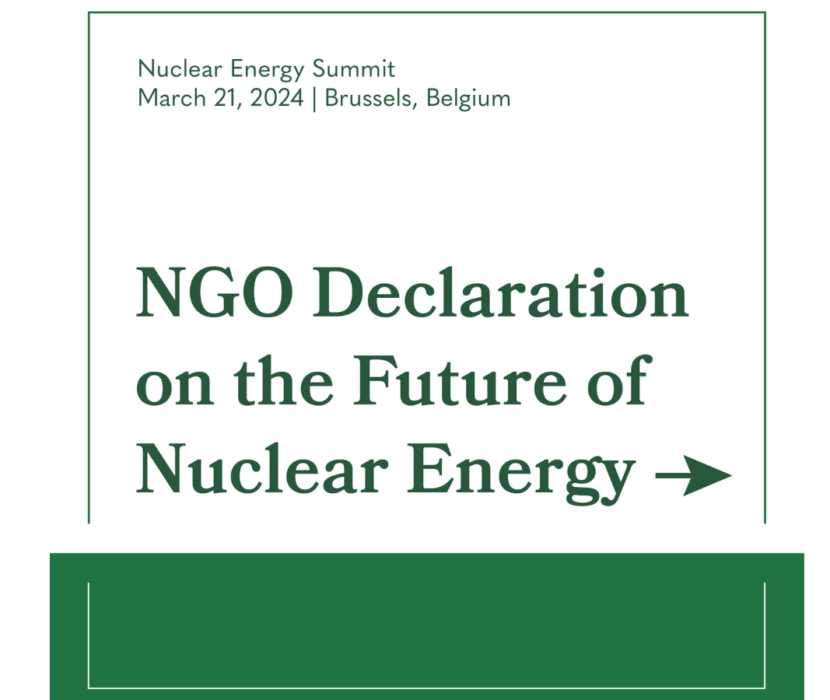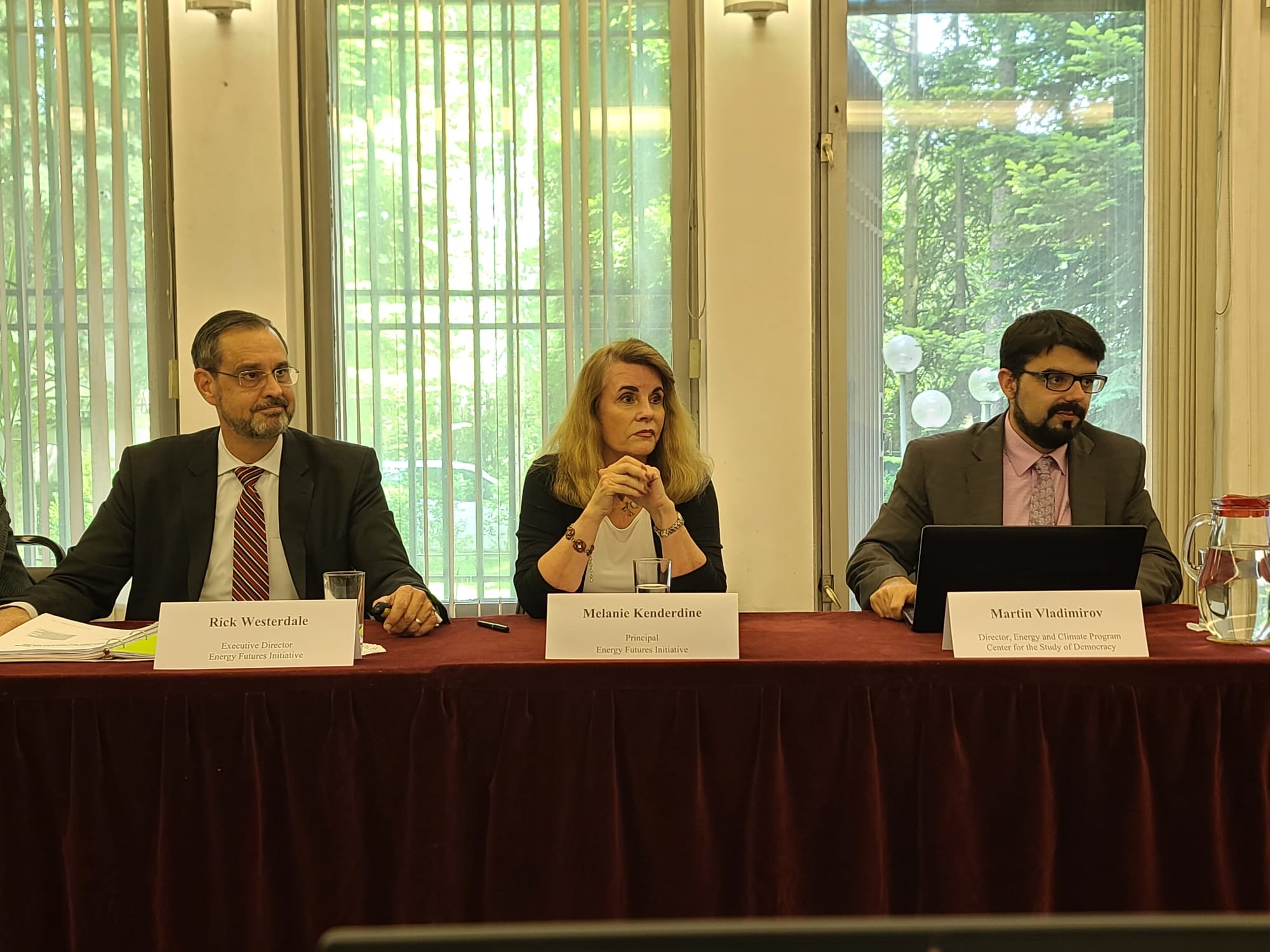
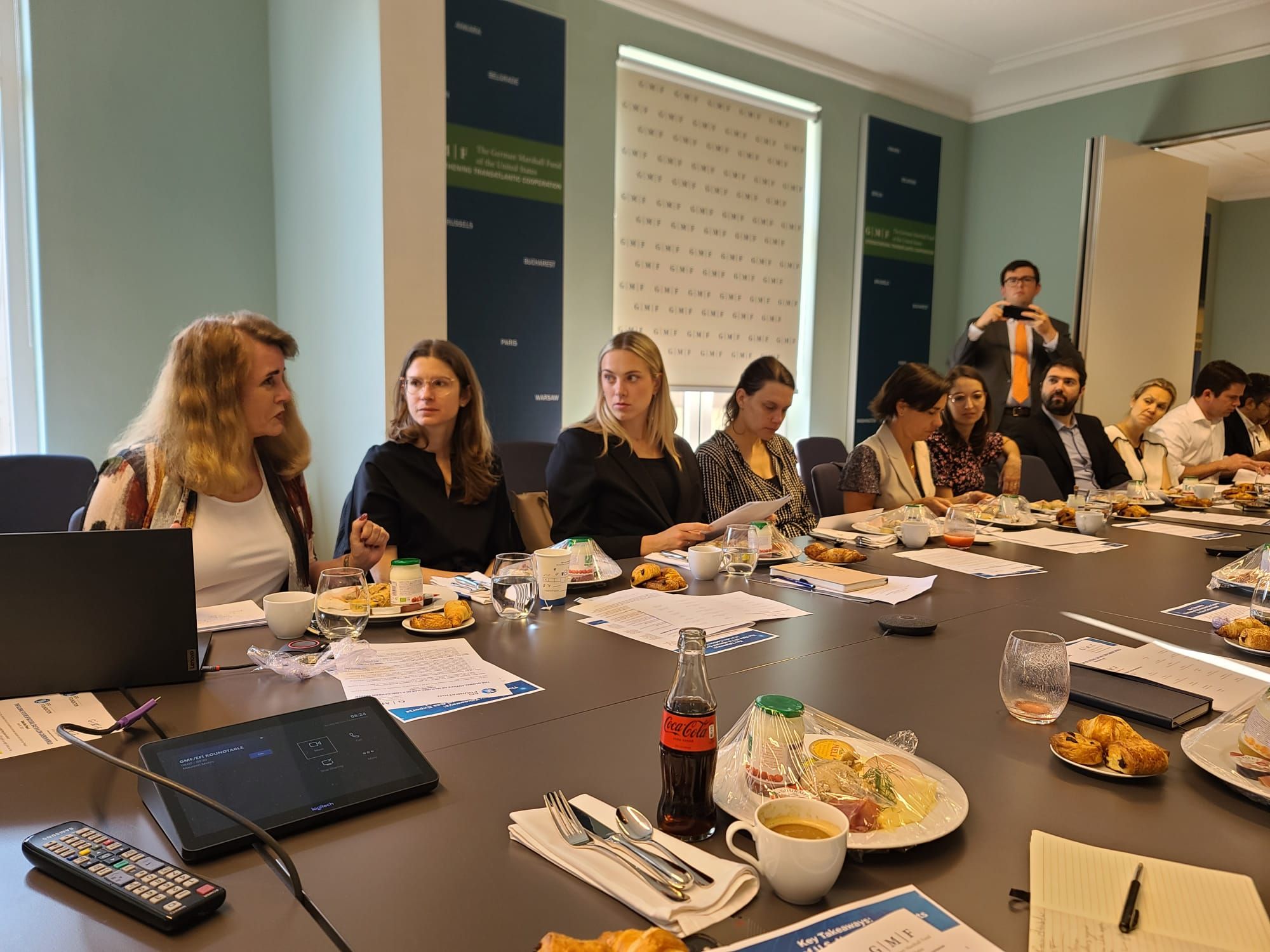
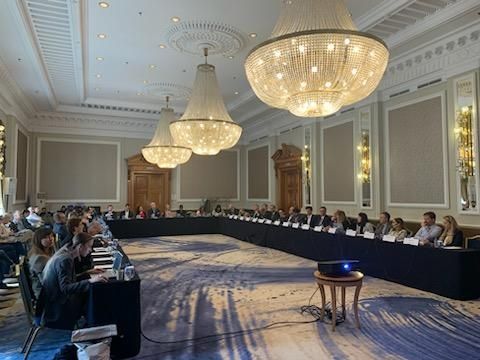
In June, the EFI Foundation took a visit to Eastern and Western Europe, holding roundtables with stakeholders to better understand the role of natural gas in European energy security and decarbonization.
Much had changed since 2021, the last time the Energy Futures Initiative (EFI) conducted natural gas work in Europe. In 2021, EFI partnered with the Oxford Institute of Energy Studies and the Center for the Study of Democracy to hold a discussion with 55 participants from academic, think tanks, and the private sector on the future of natural gas in Europe. But since then, Europe’s natural security has changed drastically with Russia’s war in Ukraine. An updated discussion was valuable as part of the EFI Foundation’s continuing work on the global role of natural gas.
To facilitate an updated stakeholder dialogue, the EFI Foundation worked with the European public policy institute, Center for the Study of Democracy, to co-host a roundtable in Sofia, Bulgaria, on June 14, 2023. A group of 18 Eastern European natural gas stakeholders attended from non-governmental organizations, industry, and governments. Two days later, the EFI Foundation hosted a second roundtable—this time in Brussels, Belgium, with Western European stakeholders. For the Brussels roundtable, the EFI Foundation partnered with the German Marshall Fund, a non-partisan think tank that promotes partnership between the United States and Europe with offices in Washington, D.C., and in seven European cities. The EFI Foundation also co-hosted with the Partnership to Address Global Emissions—a non-partisan coalition of organizations that promote U.S. policies that are focused on climate action through natural gas.
The EFI Foundation published a summary of the two roundtables in August.
Energy security is especially important now. As economies resumed activity after COVID-19 lockdowns, natural gas supplies were stretched at the same time that Russia steeply decreased exports to Europe. Europe currently uses natural gas for home heating, power generation, and industrial processes. However, 83% of Europe’s gas is imported. Eastern Europe was greatly affected by the decrease in Russian gas supply, with some countries relying on Russia for nearly 100% of their natural gas needs.
Representatives from the Western European roundtable said they see the current energy situation as an opportunity to eliminate fossil fuel use and to reduce reliance on Russian gas. Many Western European countries are making policy changes to rapidly ramp up electrification and renewable energy use. However, some industrial sectors such as the production of concrete, steel, and aluminum are hard to electrify, and natural gas can help.
Eastern Europe participants emphasized the need to reduce their reliance on Russian gas, but still see natural gas as a necessity in their energy transition. However, they are concerned about the reliability and affordability of a steady supply of natural gas. One of the goals of many Eastern European countries is to transition to nuclear energy, but this is a lengthy process. In the interim, swapping out coal for natural gas would help meet decarbonization goals. The conversations revealed that Eastern European representatives, in contrast with their Western counterparts, believe natural gas is critical on a long-term scale and are looking to diversify their natural gas import options.
Food security was also a major concern to roundtable participants. European food production costs increased due to the increased energy prices. Russia’s invasion of Ukraine has affected food and commodity exports from these two countries, as well as the price and availability of fertilizer. Russia is one of the world’s largest exporters of fertilizer, and its production is also heavily dependent on the supply of natural gas. Food prices have increased in part because of energy security issues.
The EFI Foundation has not finished its global conversations on natural gas. The roundtable series continued in Singapore on September 6, where the EFI Foundation partnered with the Institute for Energy Economics Japan, and the Economic Research Institute for ASEAN and East Asia.
-Callyn Bloch, Communications Fellow
(Share this post with others.)


